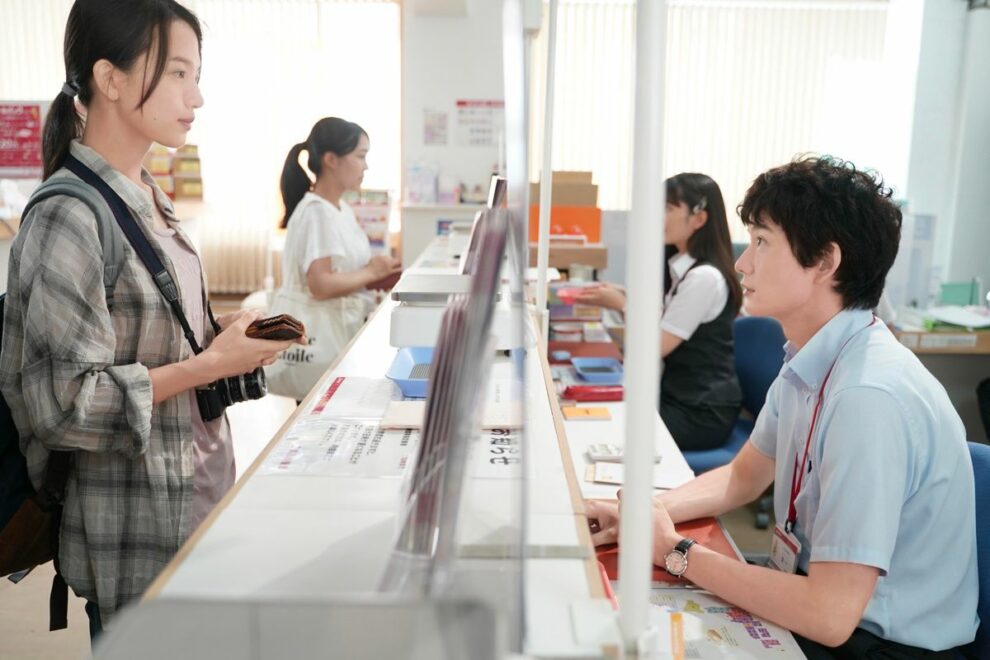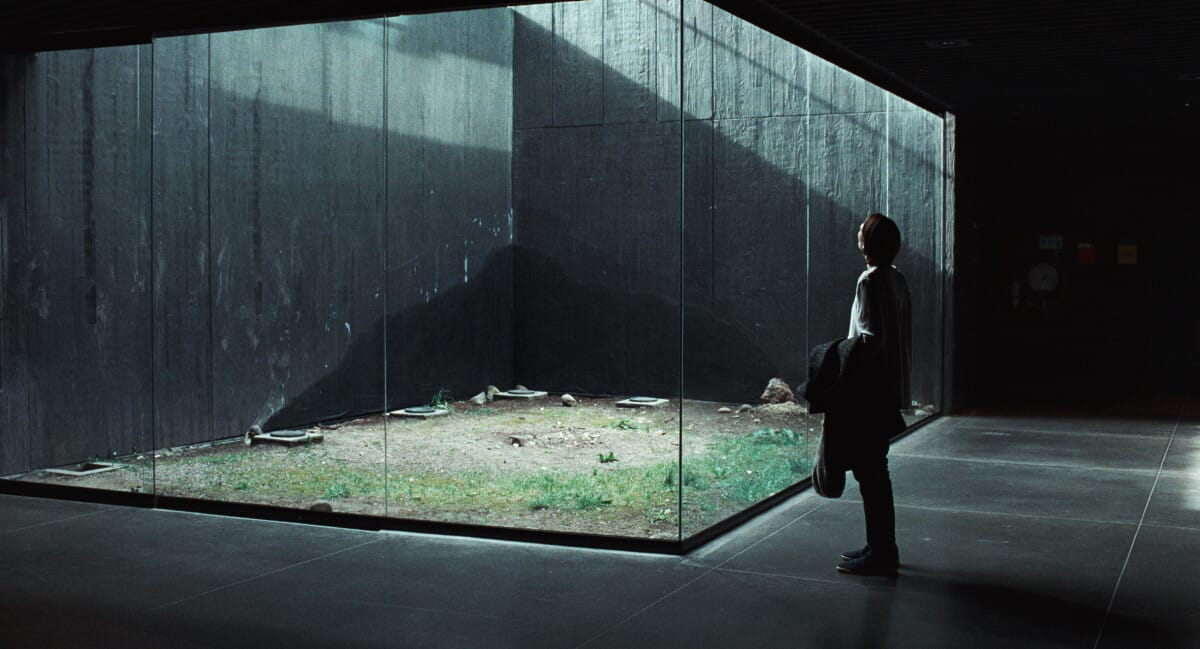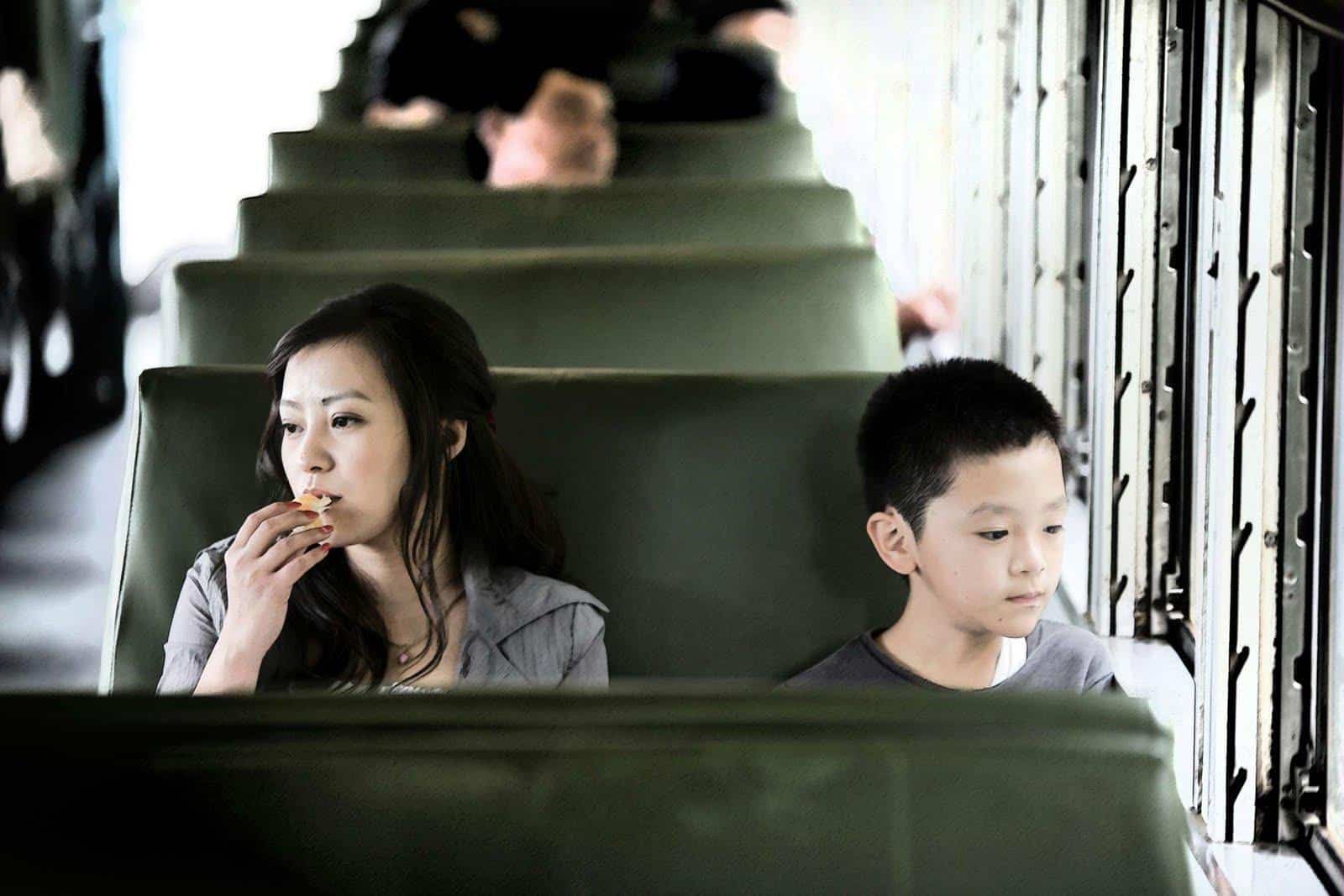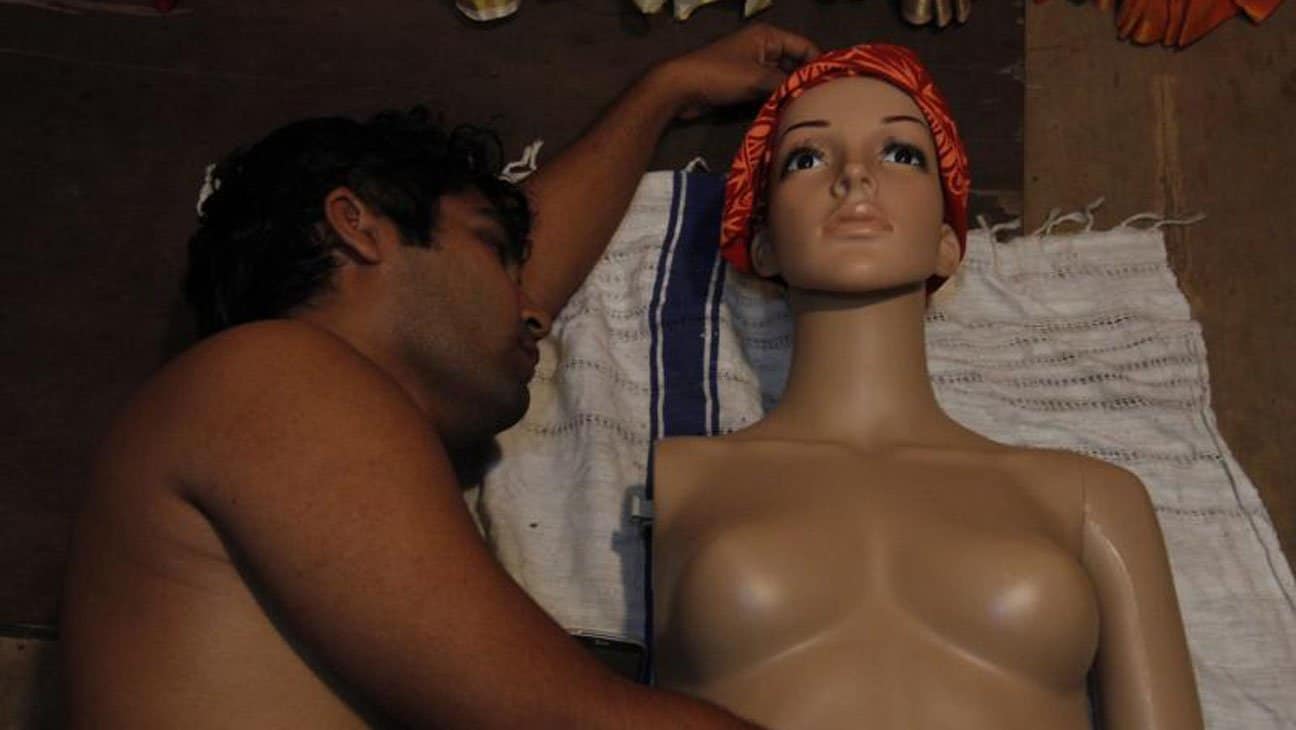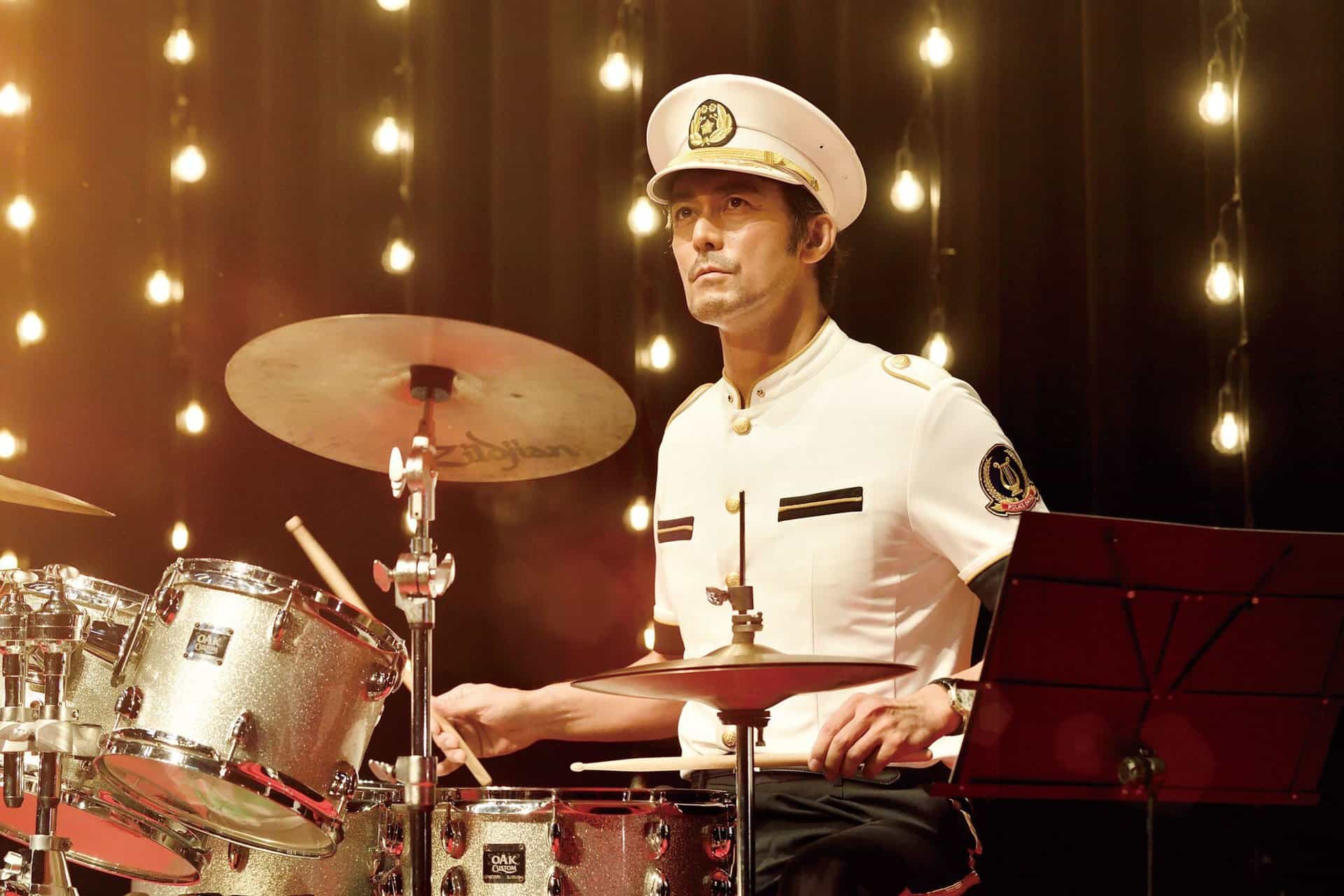A remake of the Taiwanese hit “My Missing Valentine”, “One Second Ahead, One Second Behind” remains faithful to the original script, with one crucial difference, of flipping the genders of the protagonists.
One Second Ahead, One Second Behind is screening at San Diego Asian Film Festival
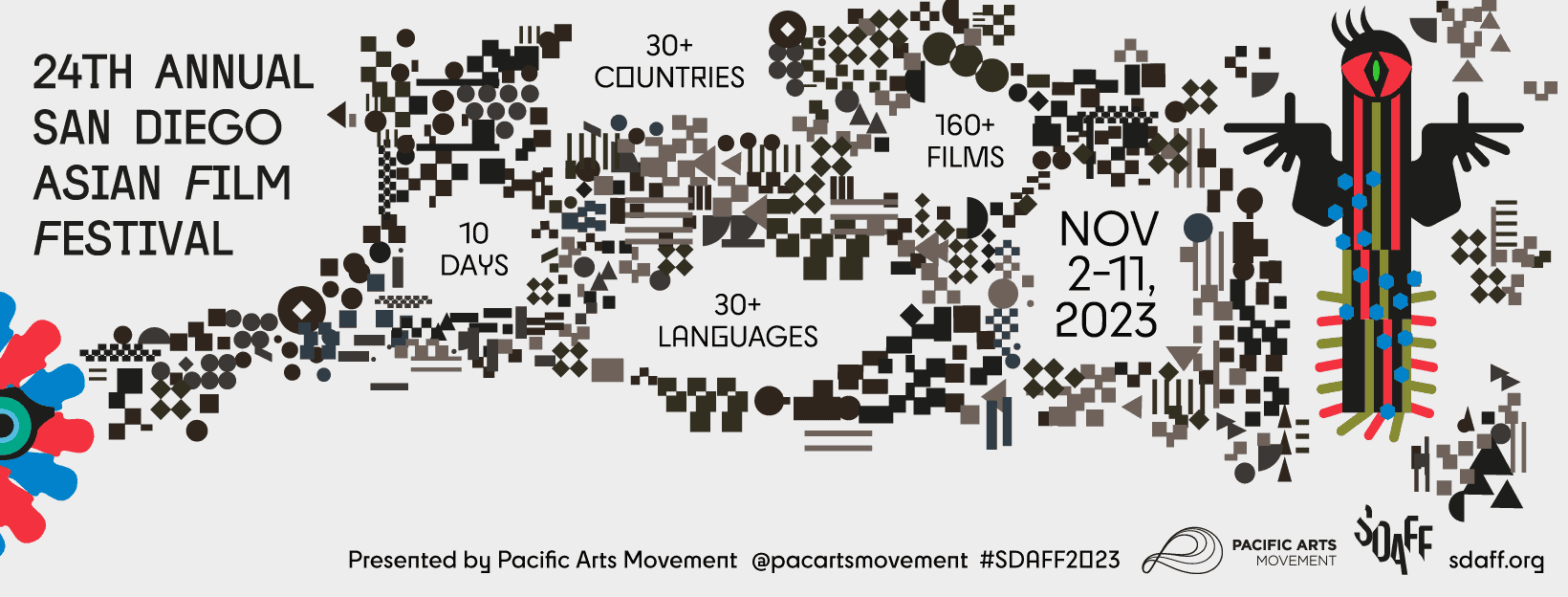
Hajime has always been one second faster than everyone else. His eyes are never open in any of his school portraits, and he wakes up before his alarm goes off. Driving is also an issue, which is what has made him change his job in the post office, from delivering mail to manning the counter. He lives with his sister, a ganguro indulger, and frequently calls the radio station to talk about his personal life, in instances his mother and sister also listen and put in their own opinion about his self-loathing, particularly having to do with his inability to keep a girlfriend. Things, however, seem to change when he meets Sakurako, a singer likes him from the get go.
“Plain-looking” and lonely Reika on the other hand, has always been one second behind everyone else. When she comes into Hajime's post office branch every day to buy a single stamp, Hajime hardly notices her, let alone remembers her from their past.
Check also this interview
Nobuhiro Yamashita directs a film that is split into two parts, each one focusing on one of the two protagonists essentially, while differing significantly in style. As such, the first part focuses on Hajime and moves into distinctly comedic paths, with the characters that appear, the goofiness of the protagonist, and the way he perceives himself being a loser, all resulting in rather entertaining jokes. Granted, sometimes the humor moves into slapstick/pedantic territory, in the style of Vietnamese comedies actually, but the bittersweet situation of the main character and the appearance of Sakurako, keep the whole thing pleasantly grounded.
The second part on the other hand, which includes flashbacks from the protagonists' past, moves into more dramatic territory, with Reika's life story and her interactions with Sakurako being the main mediums of this approach. As the supernatural is also included here, and the concept of the strokes of the Japanese letters, Yamashita also presents a number of truly unexpected twists, along with an equally unexpected romance.
As the movie progresses, particularly after the second part begins, the whole thing is revealed as one of the longest ‘will-they, won't-they' (both literally and in the time-manipulating story) we have ever seen in a film, which Yamashita, unfortunately, extends even more, to a point that the movie becomes tiresome, particularly in its closing chapters. The presentation of the twists and the supernatural elements, on the other hand, are quite intriguing, in the usual style of Japanese quirky comedies, with the second part actually being better, in that it avoids being as pedantic as Hajime actually is. Lastly, the optimism of the ending message, that the universe returns to you eventually whatever you lost at some point in your life, is rather fitting for the aesthetics of the movie, even if it is intensely romanticized.
Yoichi Kamakari's bright, rather polished cinematography fits the general manga-esque style of the movie to perfection, while a number of images, such as the ones on the beach and the night ones, are quite pleasant to the eye. Also of note is the way the post office is implemented, both visually and contextually, in one of the most intriguing aspects of the movie. Takashi Sato's editing results in a rather fast pace, which, again, resonates with the narrative approach, although, as mentioned above, some trimming in the last part would definitely benefit the movie, which, in 119 minutes, it somewhat overextends its welcome.
Masaki Okada as Hajime plays the likable clown with gusto, if without a sense of measure, particularly in the first part, with his performance finding its zenith in the less comedic moments actually. Kaya Kiyohara is much more down-to-earth as Reika, with her performance creating a very appealing antithesis with Hajime, which would probably be more impressive if the two had more common time on screen. Rion Fukumuro as Sakurako handles the two parts of her character equally well, in another pleasing performance here.
“One Second Ahead, One Second Behind” has its issues, particularly regarding the lagging, the duration, and the fact that the story does not hold in any kind of scrutiny, but in the end, emerges as a rather pleasant film to watch, especially due to its interesting approach to the romantic comedy.


